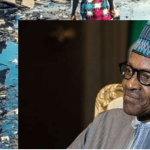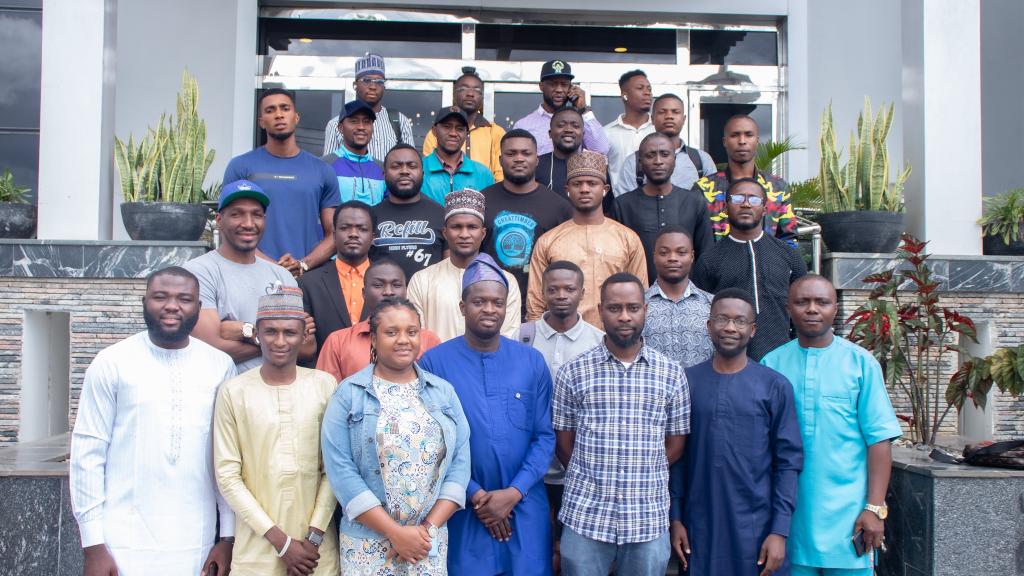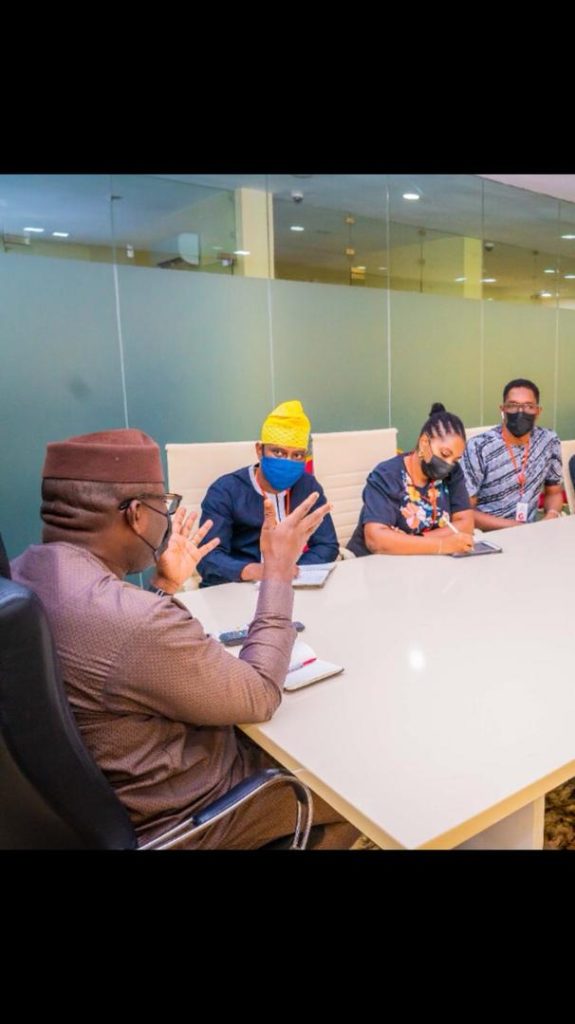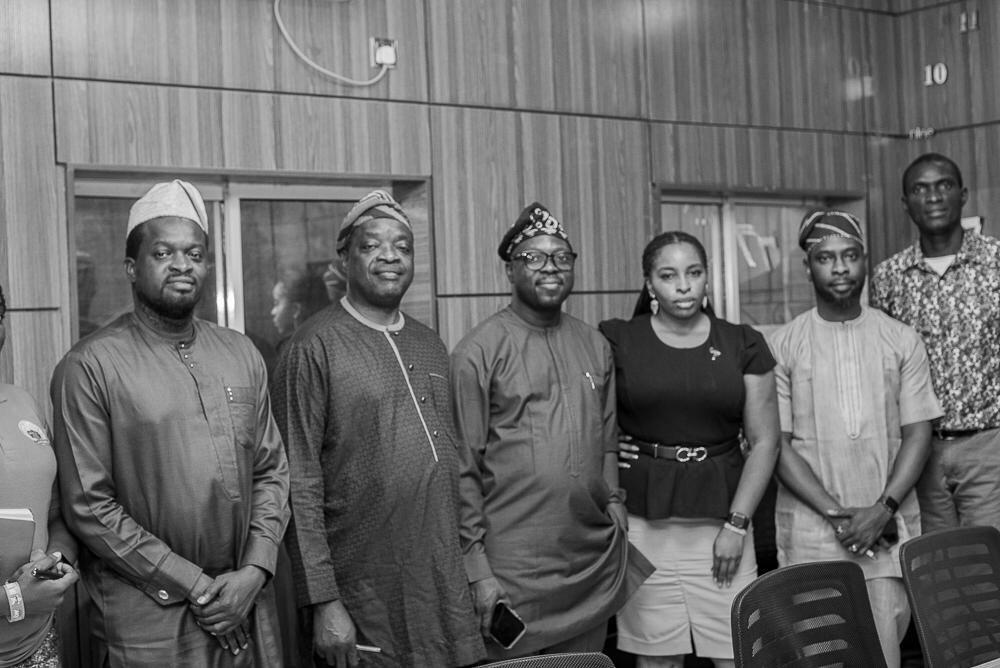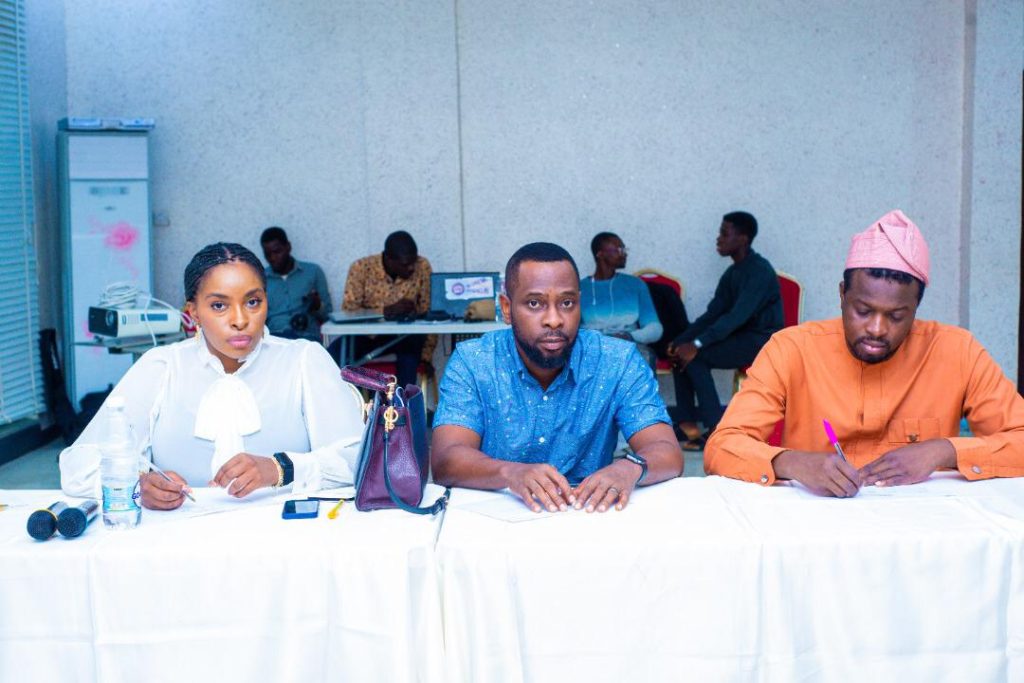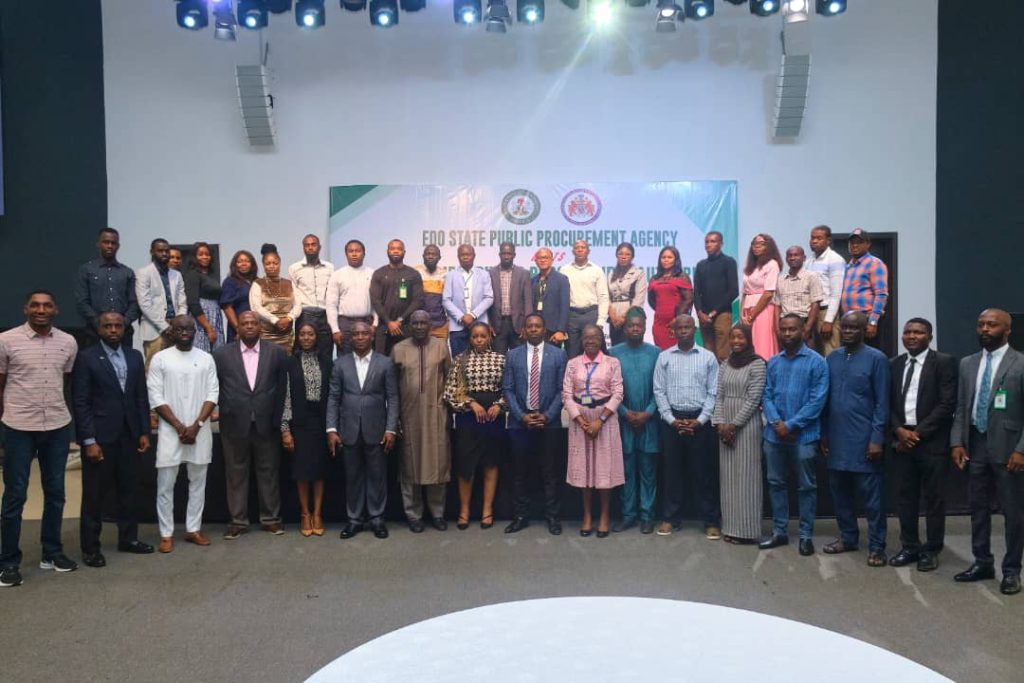The Socio-Economic Rights and Accountability Project (SERAP) has dragged President Muhammadu Buhari before a Federal High Court in Abuja, seeking an order compelling him to investigate spending on all social safety-nets, poverty alleviation programmes and projects executed between 2015 and 2022.
In a suit which is yet to be assigned to a judge, SERAP is praying the court to direct President Buhari to thoroughly and transparently investigate the spending, ensure that suspected perpetrators of corruption and mismanagement of public funds meant to take care of the poor face prosecution as appropriate, and also make sure all stolen public funds are recovered.
Joined as respondent in the suit is the Attorney-general of the Federation and Minister of Justice, Abubakar Malami (SAN).
In an affidavit attached to the suit, the civil society organisation said the government has a legal responsibility to ensure transparency and accountability in how public funds are spent to reduce vulnerability to corruption and mismanagement.
SERAP is also arguing that the government has legal obligations to effectively and progressively address and combat extreme poverty as a matter of human rights.
It further submitted that Nigerians have the right to be free from poverty and that allegations of corruption in social safety-nets and poverty alleviation programmes pose both direct and indirect threats to human rights, and contribute to extreme poverty in the country.
SERAP is also contending that investigating the allegations of corruption in the spending on social safety-nets and poverty alleviation programmes and projects as well as recovering any stolen public funds would serve the public interest.
The organisation insisted that the failure to address extreme poverty has resulted in high levels of inequality, and serious violations of economic and social rights of socially and economically vulnerable Nigerians.
It also pointed out that a National Bureau of Statistics (NBS) report suggests a grave violation of the public trust, and the lack of political will by the government to uphold the country’s constitutional and international human rights obligations.
SERAP maintained that consequences of corruption are felt by citizens on a daily basis, adding that corruption exposes them to additional costs to pay for health, education and administrative services.
It stated: “Successive governments have systematically neglected social and economic rights, and failed to address severe poverty and inequality in the country.
“The allegations of corruption and mismanagement in the spending of public funds on social safety-nets and poverty alleviation programmes and projects would clearly amount to a fundamental breach of national anti-corruption laws and the country’s international anti corruption obligations.
“The 2022 Multidimensional Poverty Index (MPI) Survey reveals that 65% of the poor (86 million people) live in the North, while 35% (nearly 47 million) live in the South. Poverty levels across States vary significantly, with the incidence of multidimensional poverty ranging from a low of 27% in Ondo to a high of 91 percent in Sokoto.
“The NBS also shows that over half of the population of Nigeria are multidimensionally poor and cook with dung, wood or charcoal, rather than cleaner energy. High deprivations are also apparent nationally in sanitation, time to healthcare, food insecurity, and housing.
“Corruption undermines economic development of the country, trapping the majority of Nigerians in poverty and depriving them of employment opportunities”.
No date has been fixed for the hearing of the suit.
Last modified: December 26, 2022

